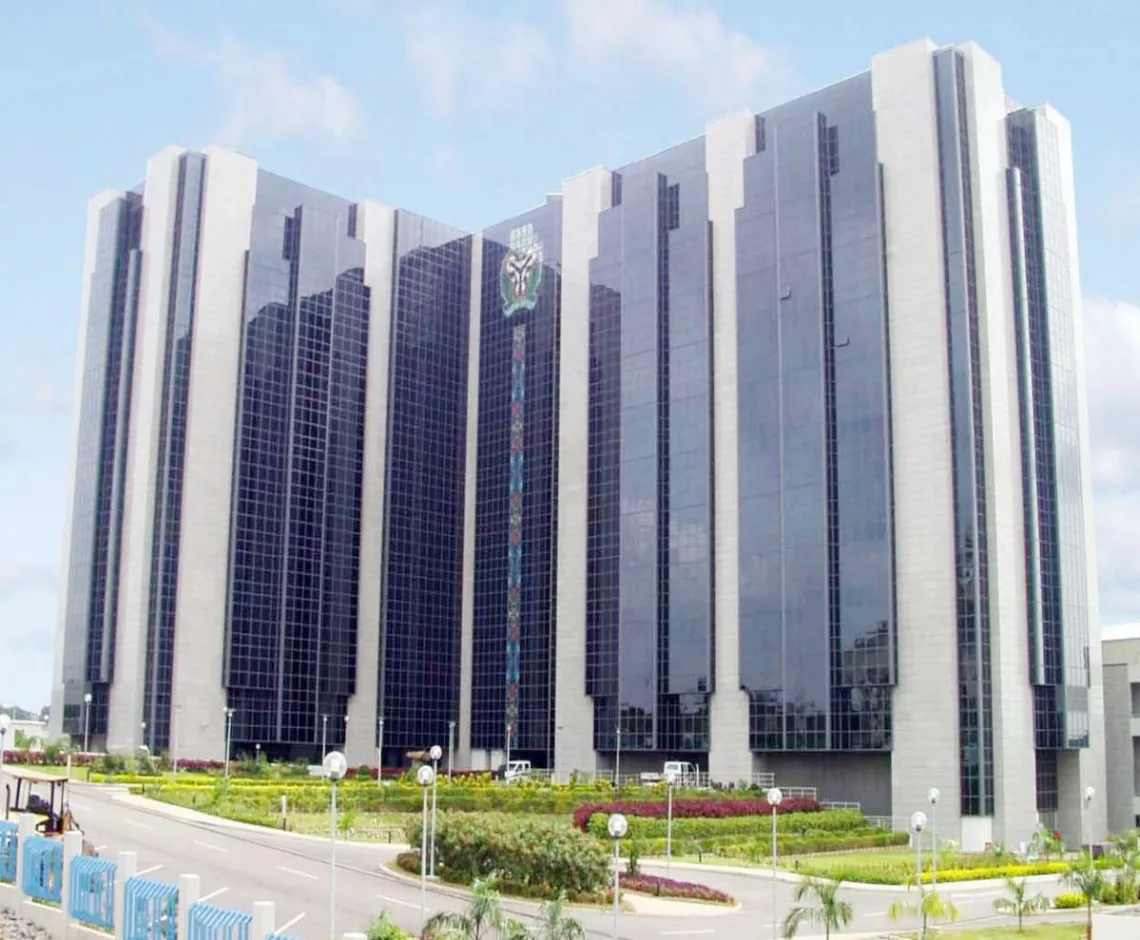The Central Bank of Nigeria (CBN) recently released an exposure draft of the Nigeria Foreign Exchange Code Book (FX Code), a new set of standards that seeks to transform conduct and practices within the country’s foreign exchange market. This move is part of the apex bank’s efforts to establish a more transparent, ethical, and orderly FX market, aligning local practices with global norms while addressing the unique challenges of Nigeria’s monetary environment.
The FX Code Book, which now open for public comment until October 18, 2024, is inspired by the globally recognised Global Foreign Exchange Code. However, the CBN has tailored its version specifically to fit the complexities and regulatory requirements of Nigeria’s foreign exchange market. The Code emphasizes the promotion of integrity, price discovery, and transparency—areas that have long been contentious given the volatile nature of the naira and the interventions of the apex bank.
Beyond being a local adaptation, the CBN FX Code represents a significant policy shift aimed at strengthening the regulatory framework around foreign exchange trading in Nigeria. Unlike the Global FX Code, which operates on a voluntary basis, the CBN’s Code has a regulatory backing. Compliance will be mandatory for all authorised dealers, commercial banks, and other institutional participants in the Nigerian market, with potential sanctions for non-compliance.
The CBN’s adaptation of the Global FX Code includes several Nigeria-specific provisions, such as stricter guidelines on forex interventions, a focus on the country’s naira-denominated trading dynamics, and the incorporation of local anti-money laundering and compliance requirements. These adjustments are designed to reflect the operational realities and policy priorities of the Nigerian forex landscape.
The draft code outlines seven core principles, ranging from ethical behaviour to post-trade transparency, and incorporates detailed expectations for market conduct. The code focuses on ethical behaviour, governance and compliance, execution of transactions, information sharing amongst others.
According to the code, market participants are expected to adhere to the highest standards of integrity and professionalism. This includes avoiding practices that could undermine market confidence or harm other participants, a critical concern in Nigeria’s highly speculative FX environment.
The code calls for rigorous internal governance structures to ensure compliance with CBN’s regulations. Firms are required to have dedicated risk management frameworks and conduct regular training for staff involved in forex transactions.
To curb manipulation and unfair pricing, the code mandates transparency in trade execution. All forex dealers must ensure that pricing and trade terms are clearly communicated and agreed upon, with proper documentation maintained for audit purposes.
Confidentiality and accuracy in information dissemination are emphasized, especially given the market’s sensitivity to rumors and the impact of speculative trading. Institutions must adopt robust risk management practices to mitigate various risks associated with forex transactions, including credit, market, and operational risks.
The CBN demands high standards for trade confirmation and record-keeping, making it easier to track and audit transactions in a bid to reduce market abuse. The Code stresses the need for effective settlement processes to minimise counterparty risk and ensure market stability, a crucial requirement given Nigeria’s history of delayed forex settlements and systemic liquidity challenges.
This FX Code Book could mark a turning point for Nigeria’s forex market if fully implemented and enforced. For years, the market has struggled with multiple exchange rates, speculative attacks on the naira, and perceived opacity in central bank interventions. Critics have often pointed to the lack of clear rules and enforcement mechanisms as a key contributor to market inefficiencies and mistrust among foreign investors.
With this Code, the CBN aims to bridge the gap between global best practices and local realities. While the adoption of the Global FX Code by market participants worldwide has been largely voluntary, the CBN’s binding approach reflects the urgency of restoring credibility and order in Nigeria’s forex market, especially in light of ongoing economic reforms under President Bola Ahmed Tinubu’s administration.
If adopted, the CBN FX Code could transform the Nigerian foreign exchange landscape, bringing it closer to international standards while also catering to local nuances. However, the success of the code will ultimately hinge on its implementation and the willingness of market participants to align with the new standards. The CBN’s resolve in enforcing compliance will be tested, particularly in an environment where regulatory infractions have often gone unchecked.
With Nigeria’s foreign exchange market still grappling with issues of liquidity crunch, speculative trading, and regulatory arbitrage, the introduction of a robust FX Code could not be more timely. As the central bank tightens the reins, the broader aim is clear: to instill discipline and restore confidence in the naira, paving the way for a more transparent and orderly market.
Whether the draft code will usher in a new era of stability or face resistance from entrenched interests remains to be seen, but one thing is certain—the CBN is making a bold statement about the future of Nigeria’s forex market.





